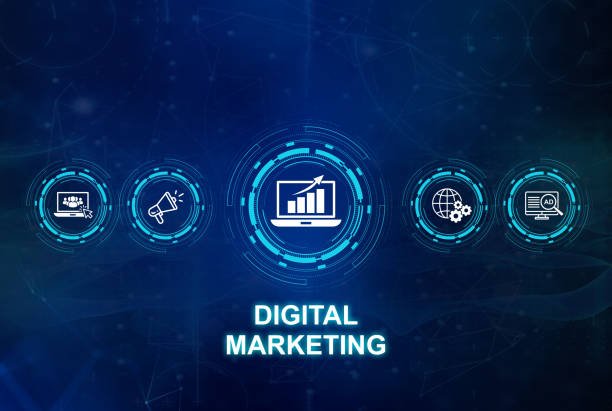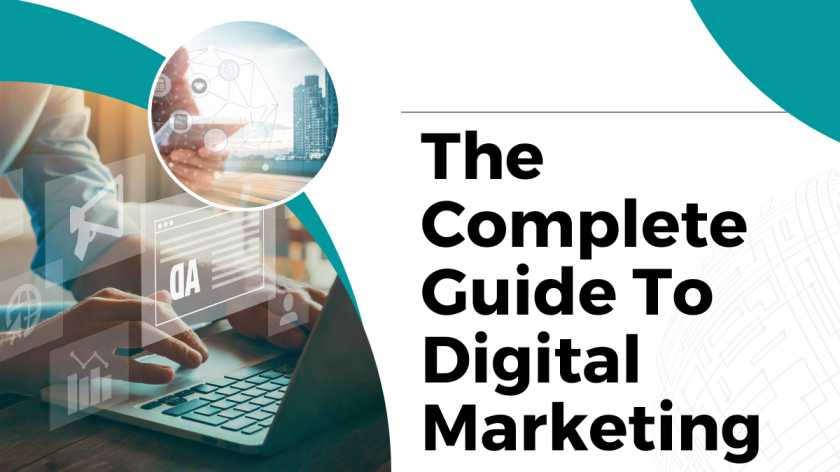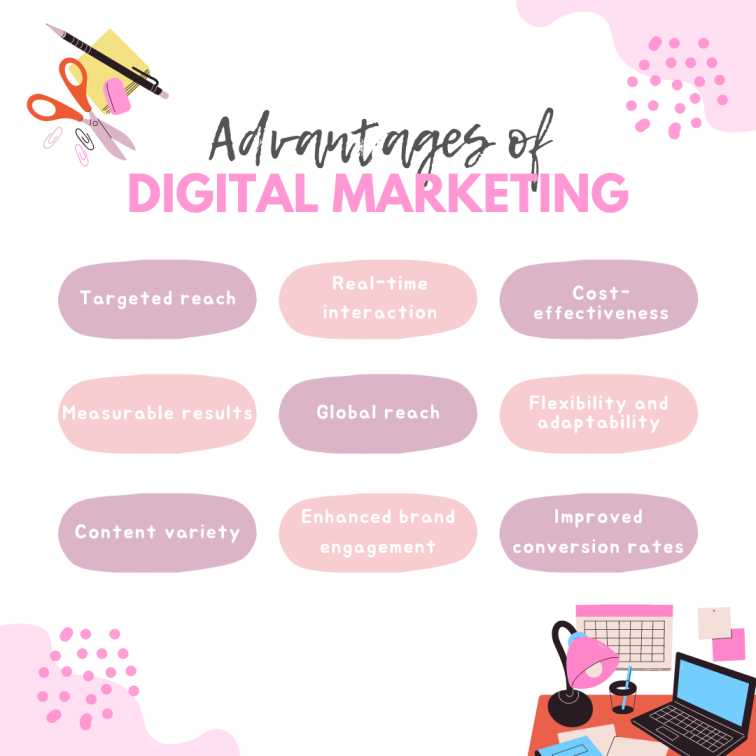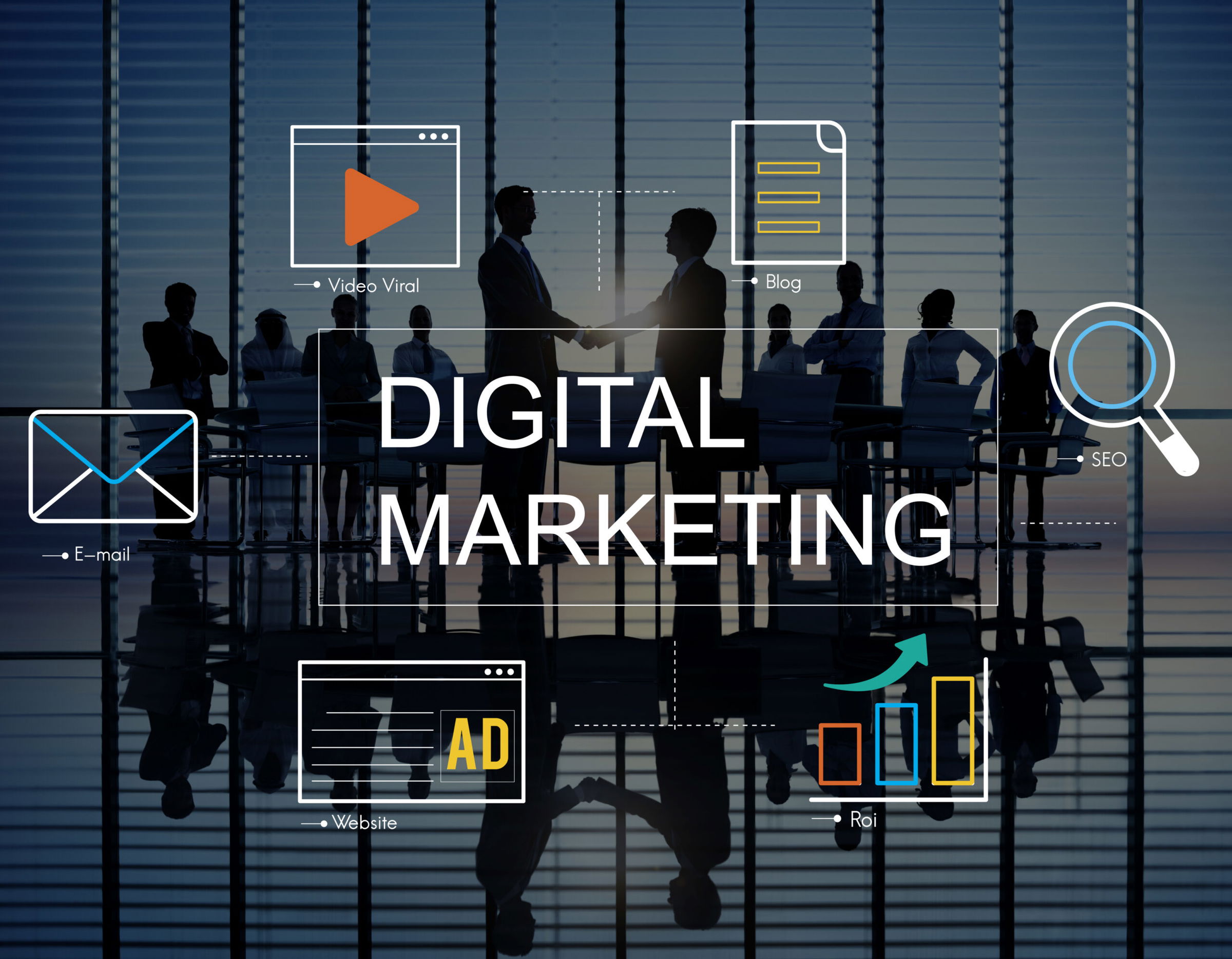Digital marketing continues to be one of the most important marketing strategies today. Its primary goal is to ensure that product or service promotions reach the desired client group. Techniques include SEO, content marketing, social media marketing, and others. Digital marketers are continually innovating to improve revenues, resulting in a flood of new digital marketing trends.
What is Digital Marketing and Why is it Important?
Digital marketing is the process of advertising products or services using online platforms. This can take a variety of forms, including social media campaigns, search engine optimization (SEO), email marketing, and influencer collaborations. Unlike traditional marketing, which relies on billboards or print ads, digital marketing enables considerably more targeted outreach.
The significance of digital marketing cannot be overstated. According to recent trends in marketing, people are continuously connected to the internet, thus, businesses must be where their customers are. Digital marketing is a relatively inexpensive way to contact a huge number of potential clients while also providing for real-time monitoring of results. This makes it an effective tool for organizations of all sizes to expand their brands and meet their marketing objectives.
Here’s a glimpse into the digital marketing trends all marketers should track in 2024:
-
Micro-Influencers and Community Building
While influencer marketing is not new, 2024 will see a move toward micro-influencers and community building. Mega-influencers with large followings may be losing popularity because of a perceived lack of genuineness. Consumers are gravitating toward smaller creators, particularly those associated with certain societal trends. Expect a surge in the number of real brand communities created through targeted engagement in these digital marketing trends.
-
Personalization with Artificial Intelligence (AI)
AI has the potential to greatly increase the efficacy and efficiency of marketing. Expect more sophisticated results delivery from search engines depending on user intent as Google’s Search Generative Engine (SGE) evolves. The use of AI in digital marketing trends helps enable platform-wide personalization of user experiences, resulting in incredibly targeted advertising campaigns.
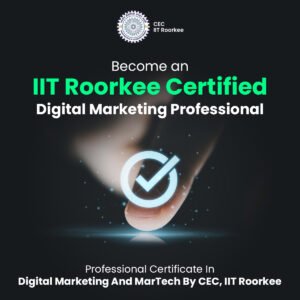
-
Privacy Concerns and the Cookieless Future
Third-party cookie phase-outs and stronger laws are being driven by worries about privacy and data security. In order to gather important insights, marketers will need to adjust and concentrate on gathering first-party data and cultivating long-lasting connections with customers. It will be imperative to make use of a strong Customer Relationship Management (CRM) solution.
-
Short-form Video’s Steady Growth
2024 will see an ongoing popularity of short-form video content, which was made popular by apps like TikTok and Instagram Reels. Anticipate these platforms’ continued dominance in addition to the emergence of comparable features on YouTube and other up-and-coming platforms. In order to provide their target audience with interesting and attractive content, marketers should take advantage of effective digital marketing trends.
-
The Shifting Face of Social Commerce
It is anticipated that social commerce will change as platforms such as TikTok face possible restrictions in some areas. It is advisable for marketers to broaden their approaches to social commerce and investigate substitute platforms such as Instagram Shopping, as well as the latest social commerce functionalities provided by Pinterest and YouTube.
-
Increasing Influence of Audio Marketing and Podcasts
Marketers can benefit greatly from the growing popularity of podcasts. Research shows that listeners who are promoted products on podcasts have a high listener conversion rate. In 2024, don’t undervalue the importance of the digital marketing trends of using audio components in your marketing plan.
-
Online Shopping via Live Streaming
In recent years, live-streaming shopping has become growing in appeal, particularly in Asia. In 2024, watch for these digital marketing trends to pick up steam in the West. Marketers can use real-time customer interaction, interactive features, and product showcases on live-streaming platforms to increase sales.
-
The Emerging Metaverse
Though it is still in its infancy, the persistent virtual world known as the metaverse has enormous potential for use in marketing initiatives in the future. Savvy companies can start looking at these recent trends in marketing to interact with consumers and raise brand recognition in metaverse settings.
Conclusion
The field of digital marketing is always transforming. Remaining ahead of the curve demands ongoing learning and adaptability. Marketers can develop successful strategies to attract their target audience, foster brand loyalty, and stimulate business growth in 2024 by adopting these rising digital marketing trends.
If you want to learn more about digital marketing and accelerate your MarTech career in 2024, we recommend you to enrol for the digital marketing course at the Imarticus Learning institute called Advanced Certification In Digital Marketing And MarTech By IIT Roorkee. You will be coached by industry specialists and learn job-relevant skills like media planning and buying that will boost your career in the digital marketing industry.

